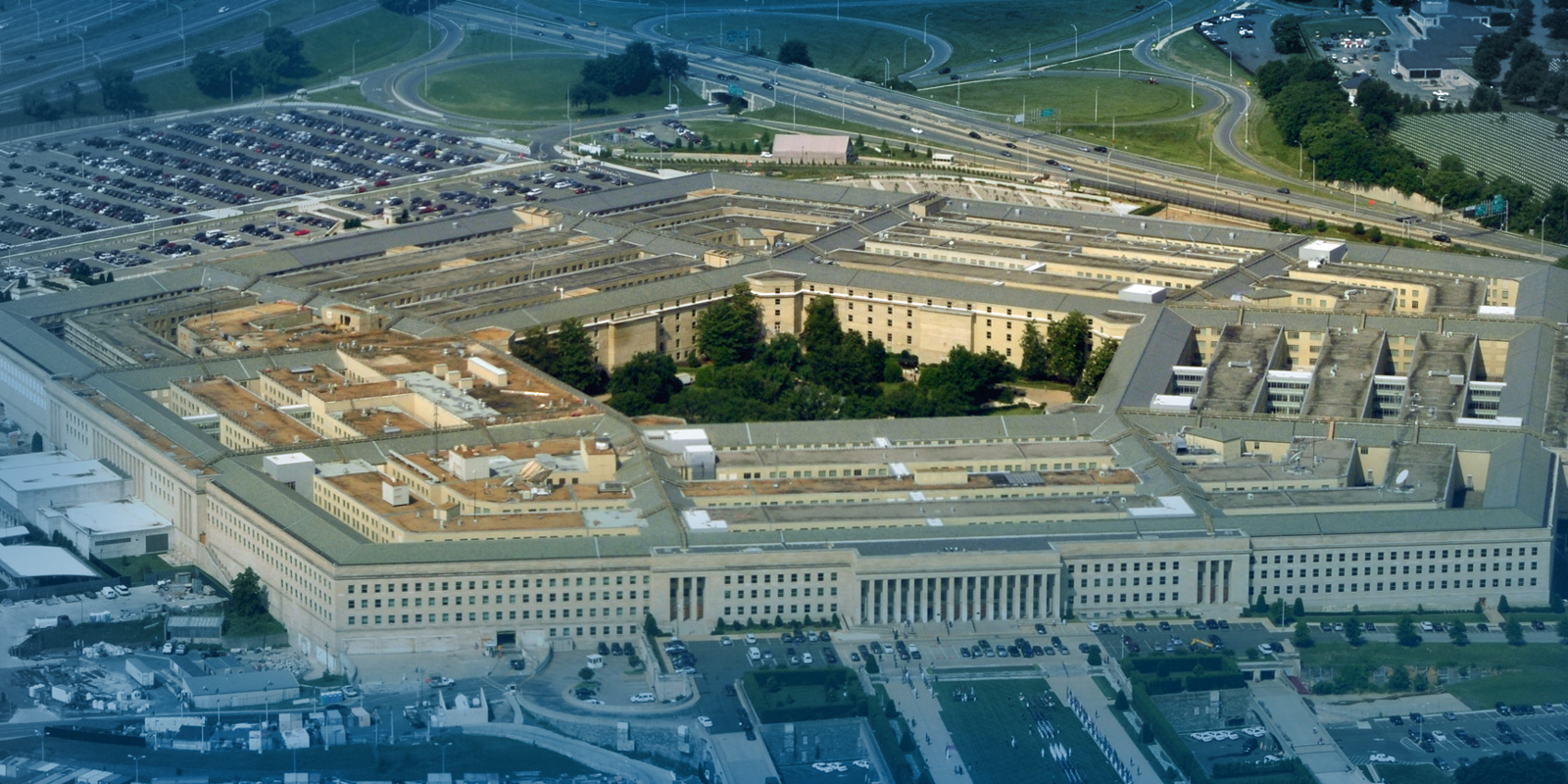
Enhanced Debriefing Rules in the NDAA Offer Protesters Several Practical Advantages
In Short
The Situation: The 2018 National Defense Authorization Act requires that the Secretary of Defense implement new rules for enhanced debriefings for certain types of acquisitions.
The Result: Once implemented, the enhanced debriefing rules will provide disappointed offerors with several advantages, including enhanced information about source selection decisions, a follow-up question-and-answer period, and additional time to consider whether to protest.
Looking Ahead: The enhanced debriefing scheme has the potential to increase the public's (and contractors') confidence in the procurement system by providing more transparency and could also decrease the number of protests filed.
In our December 2017 Commentary, Jones Day discussed the important changes government contractors should expect as a result of the 2018 National Defense Authorization Act ("NDAA"). One important change is the NDAA's requirement that the Secretary of Defense revise the Defense Supplement to the Federal Acquisition Regulation ("DFARS") to provide additional post-award debriefing rights to contractors competing for federal government contracts. For contracts exceeding $100 million, all required post-award debriefings must include a redacted version of the agency's written source selection award decision. For contracts valued between $10 million and $100 million, small businesses or nontraditional contractors may request the redacted source selection decision. Perhaps even more significant, however, is the provision's new question-and-answer period.
Mandatory Question-and-Answer Period Added to Debriefings
The new debriefing rules will provide the opportunity for disappointed offerors to submit additional follow-up questions within two business days of a mandatory post-award debriefing, and the agency is required to answer these questions, in writing, within five business days. Significantly, a debriefing is not considered to be concluded until the day the agency delivers its written responses.
This new debriefing scheme is particularly significant in the context of timeliness for GAO bid protests. Under the enhanced debriefing scheme, the five-day period for obtaining a stay of contract performance pursuant to the Competition in Contracting Act ("CICA") does not commence until the day the agency delivers its written response to the follow-up questions. With two additional business days for submission of written questions, and up to five additional business days for the agency to deliver a response, this new debriefing scheme could provide protesters with an additional week—or more—to file their protests after a debriefing. This is a significant increase in the amount of time available to protesters, since disappointed offerors are required to file their GAO protests within five calendar days of the their debriefing to obtain a CICA stay of performance.
Impact
Debriefings are an element of transparency in the procurement system, but they have also proven to be an important factor in both the efficiency of, and the public's confidence in, the integrity of the system. It has long been recognized that higher-quality debriefings decrease the likelihood of a protest. Congress acknowledged this fact in passing the Federal Acquisition Streamlining Act of 1994, which contained debriefing requirements aimed at increasing trust and decreasing protests. The 2018 RAND report on bid protests reiterates the importance of informative debriefings by stressing the inverse correlation between the quality of a debriefing and likelihood of a protest: "too little information or debriefings that are evasive or adversarial will lead to a bid protest in most cases."
It stands to reason that once the enhanced debriefing rules are implemented, they will lead to fewer bid protests because contractors will not be incentivized to file a bid protest to understand the basis for the award decision or otherwise obtain basic information about how the procurement was conducted. Those protests that are filed will be more targeted and better informed.
Practical Considerations
- Offerors should carefully review and consider the debriefing guidance in FAR Parts 15.505 and 15.506. Offerors should prepare questions for the agency that take into consideration the requirements of FAR 15.505(e) (pre-award debriefings) and FAR 15.506(d) (post-award debriefings).
- Just as disappointed offerors should always consider requesting a mandatory debriefing, under the new debriefing rules, offerors should always consider submitting follow-up questions to clarify ambiguous statements or where the offeror reasonably believes the debriefing did not provide sufficient information.
- If additional time for considering whether to protest is needed, the offeror may want to wait until the second business day after the debriefing before submitting follow-up questions. The extra days will allow more time for assessing the debriefing materials to determine whether a protest is warranted and for selecting the most meritorious potential protest arguments.
- Finally, companies should keep in mind that the enhanced debriefing rules have not yet been implemented. Rather, the 2018 NDAA instructs the Secretary of Defense to revise the DFARS to implement this new enhanced debriefing scheme. In the meantime, protesters need to comply with the current debriefing rules and protest timelines. However, one way to potentially obtain additional time under the current rules is to ask the agency to hold open the debriefing while it answers additional questions. Although agencies have no obligation to do so, if they agree to hold open the debriefing, this could provide a potential protester with additional time to assess whether to protest and to perfect protest arguments.
Three Key Takeaways
- Contractors should always consider requesting a debriefing and, once the enhanced debriefing rules are implemented, should always consider submitting follow-up questions.
- Offerors may want to take advantage of the additional time provided by the mandatory question-and-answer period to conduct a more in-depth assessment of whether to protest and to sharpen their protest arguments.
- Enhanced debriefings will likely lead to fewer protests and higher-quality protests.


